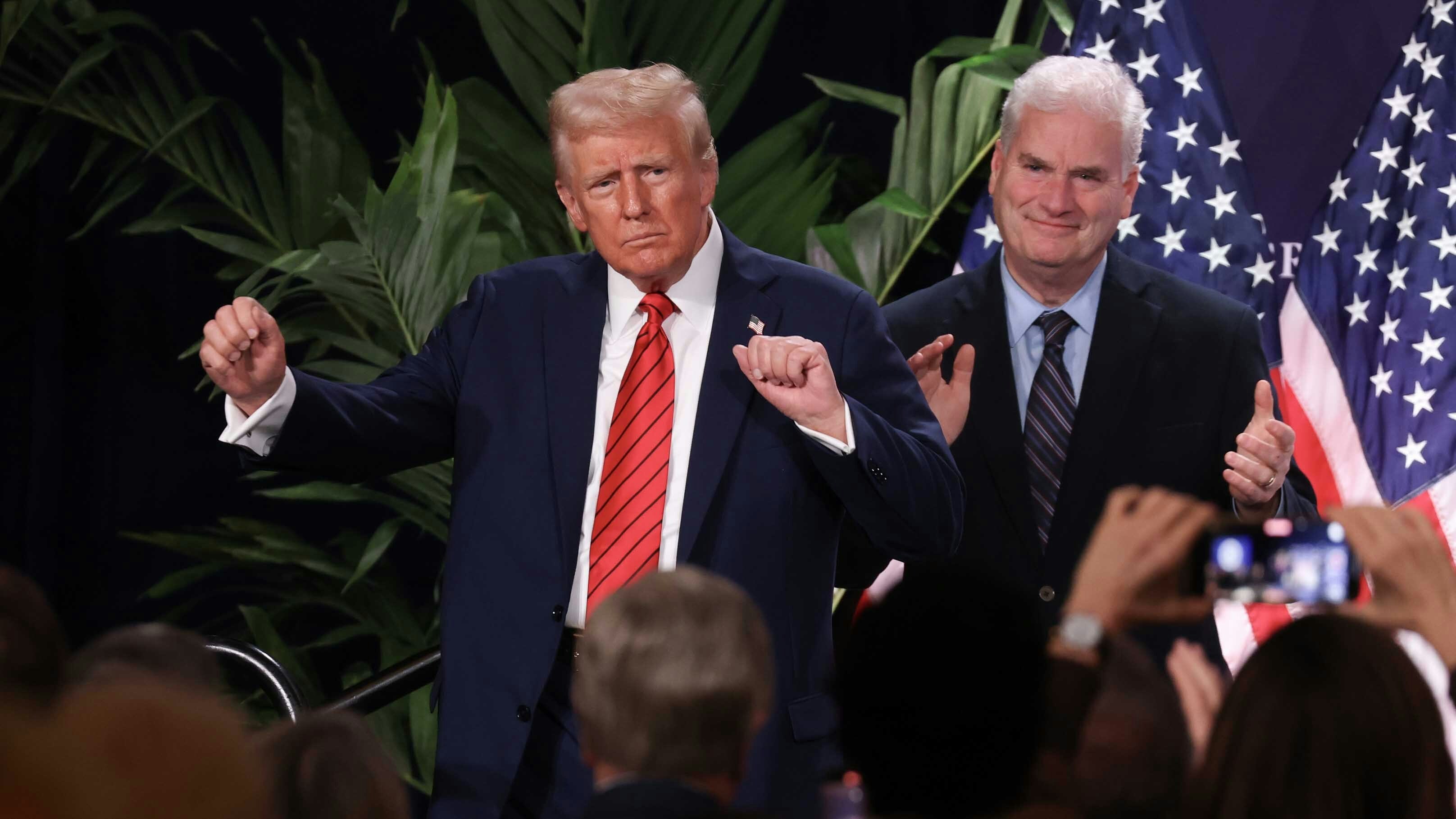Dear editor:
Recent letters have been printed pointing fingers in an attempt to underscore the supposed failures of the Wyoming Legislature in its leadership, ability to focus on important issues, and unwillingness to let the legislative process take its course through vigorous and thorough debate on the issues.
Letters from Republican legislators targeting other Republicans should raise eyebrows at their content, if not more serious red flags as to their implicit intent. In what appears to be a fairly systematic divide-and-conquer approach to politics, placing blame and creating divisions within a party is neither productive nor an accurate accounting of the true events occurring in the 2023 legislative session.
A growing conflict is occurring today within the larger Republican party, the effects are seen at the state and even local levels here in Wyoming. Traditionally, the Republican party enjoyed and welcomed a diversity of thought centered around core values.
While ideas and approaches to achieve these values varied, the multitude of opinions fostered an environment that both welcomed greater membership and in-turn fueled better ideas, better discourse, and ultimately better solutions.
Instead of welcoming variety of thought while upholding generally conservative principles, a concerted effort by some within the party to limit discourse is occurring through the overt separation of “us” and “them”.
It can be seen in terms such as RINO (Republican In Name Only) vs. true conservatives; uniparty vs. conservatives or more generally labeling anyone whose opinion differs from their own, “liberal”. Abraham Lincoln, quoting a notoriously liberal thinker once said, “A house divided against itself cannot stand”. The ideology of the originator doesn’t make it any less true or applicable to the current status of the Republican party.
There are enough conflicts in politics already. Working to out-conservative the conservative party does nothing but create additional chaos before meaningful actions can be taken. Agreeing to disagree should be given precedence over disagreeing to avoid agreement.
The 2023 legislative session has also been filled with various legislators who are quick to point fingers. They work to avoid blame when bills are amended, voted down, or some other change inherent in the legislative process occurs.
Some of the more notable avoidance has been in the perceived failures surrounding property tax reform and the inability to fully debate “Chloe’s Law” on the House Floor.
Reasons for blame included liberal status quo of house leadership, unfair procedure, and failure to allow reasonable debate and discussion. At first glance, each complaint appears to have some truth, but in the greater context are left wanting, both in fact and ideology.
First, given the very tight legislative schedule, it is unrealistic to expect that every bill will be heard, fully debated, and passed. Some bills come to the legislature after significant pre-session work, other bills are poorly drafted at best, and purposefully wasteful at worst.
From that spectrum, some bills can be worked to fix a problem, and others, however well intended, either create more problems, take too much time or cannot become ready to be heard on its merits. The role of the Legislature is to make those decisions through its leadership and committee assignments.
There are those who are set on making excuses and blaming the institution as failing, when more indicative is a legislator’s action. For example voting to end debate on outstanding issues when time remains and has been set aside for debate because the process is perceived as rigged says more about those voting to end debate than the outstanding work to be done.
Benjamin Franklin perhaps said it best, when he said, “He that is good for making excuses is seldom good for anything else.”
Lastly, a disproportionate amount of time has been spent accusing and lamenting the role and power of the Speaker of the House this session. It’s interesting that so much of that criticism comes from legislators who discussed, debated, and ultimately agreed to be bound by the rules of the House and decisions of those elected to lead the House.
Finding Wyoming solutions for Wyoming problems is, and should be, the priority of every state elected official. Does that mean out-of-state ideas cannot be considered? Of course not, rather, it requires “due diligence to ensure a bill solves a[n existing] problem and does not create a new one.”
Looking at each bill and considering whether the bill is constitutional, creates risk of litigation that is unnecessary for Wyoming, and if there are negative financial impacts to the state and its citizens either directly or indirectly fall under that due diligence.
That same level of due diligence is required even when considering Wyoming originated legislation, because the solution needs to fix a Wyoming problem, not create one. It is well known that no person can serve two masters. What is less clear is why any legislator would so freely show their own unwillingness to live up to their commitments to serve with and under their elected leadership and colleagues.
The 2023 legislative session was not perfect, nor is it realistic to expect perfection from a republican form of democracy. Compromises must be made, differences in opinion are inherent, and conflicts will always occur.
Through these compromises, the differences of opinion on a course of action, and conflicts in approach is where Wyoming is likely to find the best solutions. The time to make hay is when the sun shines, any attempt to make hay later only results in sour grapes.
Sarah Dayton
Cokeville, Wyoming





